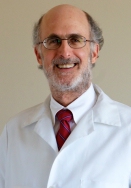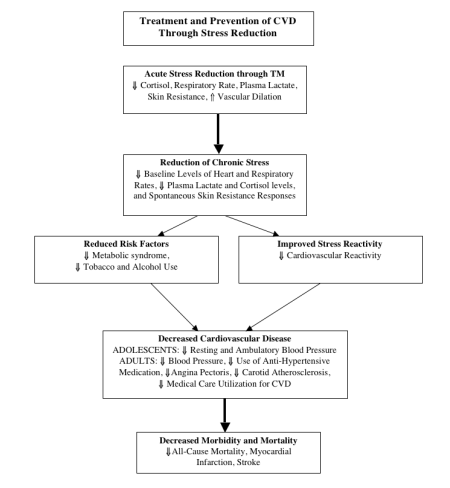Enjoy this powerful, clear and concise talk by John Hagelin at TEDxWomen 2012 in The Paley Center for Media, Washington, DC. The theme of the 2-day conference was The Space Between. Dr. Hagelin’s PowerPoint presentation highlighted meditation as a powerful tool for health, education and post-traumatic stress. He concluded his presentation with a short video of how people’s stressed lives were transformed by the Transcendental Meditation technique. These at-risk groups were able to learn TM through scholarships from the David Lynch Foundation. Dr. Hagelin’s concluding remarks beautifully summed up the saliant point of his talk delivered in Session Two, Saturday morning, Dec 1, 2012, published Dec 4, 2012 by TEDxTalks: “The Space Between” –TED Conference Explores the Value of Meditation.
“Medically, scientifically, the most powerful antidote to stress, and the key to optimal brain functioning, is to transcend.” — John Hagelin.
John Hagelin, Ph.D., is a world-renowned quantum physicist, science and public policy expert, educator, author, and leading proponent of peace.
Dr. Hagelin has conducted pioneering research at CERN (the European Center for Particle Physics) and SLAC (the Stanford Linear Accelerator Center). He is responsible for the development of a highly successful Grand Unified Field Theory based on the superstring—a theory that was featured in a cover story of Discover magazine.
In addition, Dr. Hagelin is one of the world’s preeminent researchers on the effects of meditation on brain development, and the use of meditation to address critical problems in the field of education, rehabilitation, and post-traumatic stress.
Dr. Hagelin is a recipient of the prestigious Kilby Award, which recognizes scientists who have made “major contributions to society through their applied research in the fields of science and technology.” The award recognized Dr. Hagelin as “a scientist in the tradition of Einstein, Jeans, Bohr and Eddington.”
Dr. Hagelin has appeared often on ABC’s Nightline and Politically Incorrect, NBC’s Meet the Press, CNN’s Larry King Live!, and other programs. He has been regularly featured in the Washington Post, the New York Times, the Wall Street Journal, and other major metropolitan newspapers.
TEDxWomen was curated and produced by The Paley Center for Media. In the spirit of ideas worth spreading, TEDx is a program of local, self-organized events that bring people together to share a TED-like experience. At a TEDx event, TEDTalks video and live speakers combine to spark deep discussion and connection in a small group. These local, self-organized events are branded TEDx, where x = independently organized TED event. The TED Conference provides general guidance for the TEDx program, but individual TEDx events are self-organized.* (*Subject to certain rules and regulations)
Also see The Power of The Collective, by John Hagelin | John Hagelin — “Only Higher Consciousness Can Transform Our World” — Beyond Awakening Blog | Conscious TV: John Hagelin – The Core of Nature | John Hagelin, Ph.D., Speaks on the Nature of Consciousness and the Universe


 Heart Disease Health Center
Heart Disease Health Center
